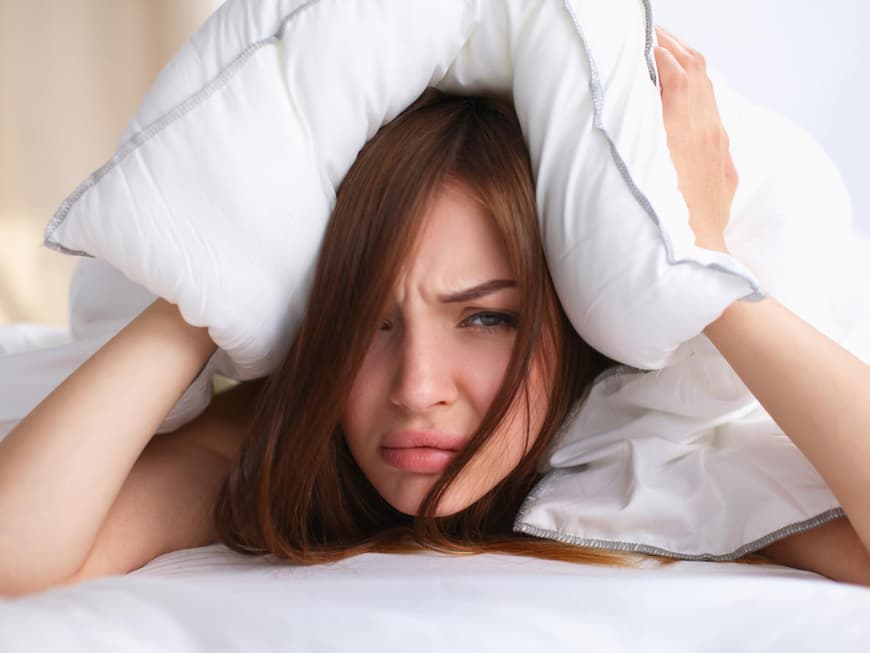
Our entire lives are far too loud, according to many scientists. A frightening realization: constant noise pollution is not only annoying, but also poison for our bodies. It can harm us both mentally and physically.
What illnesses does constant noise pollution lead to?
Sick from noise: More than eight million people in Europe suffer from sleep disorders due to constant noise pollution, and over 900,000 have to contend with high blood pressure caused by noise. Every year, around 43,000 patients also suffer a heart attack or stroke - caused by noise. In around 10,000 cases, environmental noise is even the cause of premature death, according to scientists in a new study.
How exactly does noise affect our health?
Our body reacts strongly to a permanently high level of noise pollution above 80 decibels (e.g. the noise of a busy road): stress hormones are released, blood pressure rises and the heart beats faster. This significantly increases the risk of a heart attack in adults. In children, constant noise impairs learning ability and memory function. Our bodies experience noise while we sleep even worse than during the day: aircraft noise at night increases the risk of high blood pressure by 14 percent. Experts know that the effects of noise are particularly harmful when people wake up while falling asleep.
Are short-term noises also harmful?
Short noises such as a sudden bang can cause acute hearing damage such as hearing loss or tinnitus. These usually disappear again after a while. The situation is different for certain occupational groups who are constantly exposed to a level of over 70 decibels. This can cause permanent ringing in the ears.
Which everyday noises are the worst?
Traffic noise is the most harmful for us Europeans: one in four people is affected and suffers daily from streetcars, car horns or the sirens of the fire department and police. But aircraft noise is also perceived as particularly disturbing and damaging.
How can I protect myself from noise pollution?
After a concert or loud work such as mowing the lawn, you should give your ears at least ten hours' rest. Your hearing needs this break to recover. During this time, neither the radio nor the television should be on. In principle, your MP3 player should also have a sound limiter. Also check your children's toys regularly: crackling frogs, squeaky toys and whistles, for example, are unsuitable and should be disposed of
This is how loud our everyday life is:
Airplane: 130 decibels
Discotheque: 110 decibels
Car horn: 100 decibels
Truck: 90 decibels
Loud snoring: 90 decibels
Hair dryer: 85 decibels
Busy road: 80 decibels
Vacuum cleaner: 80 decibels
Bicycle bell: 75 decibels
Loud conversation: 60 decibels
